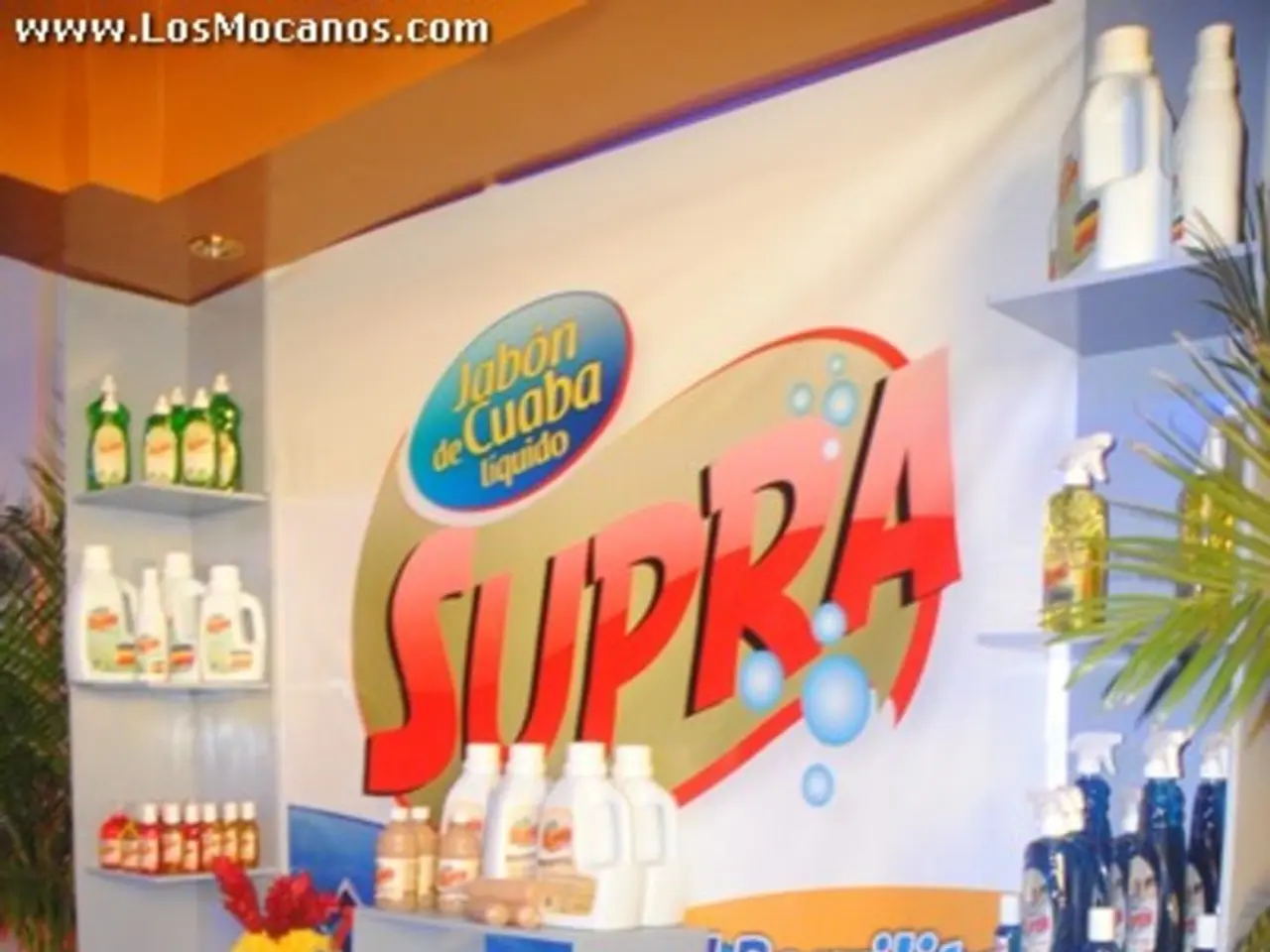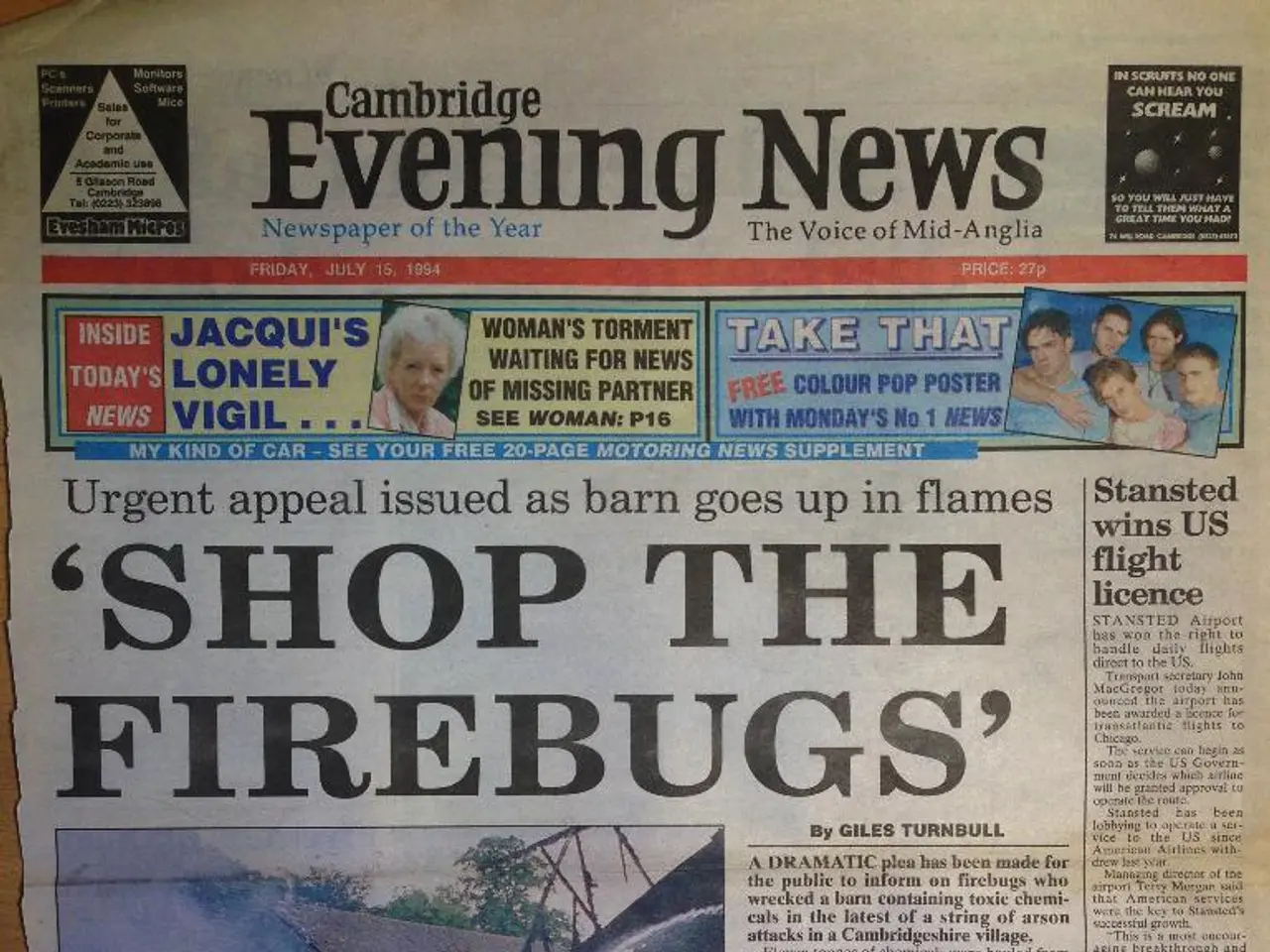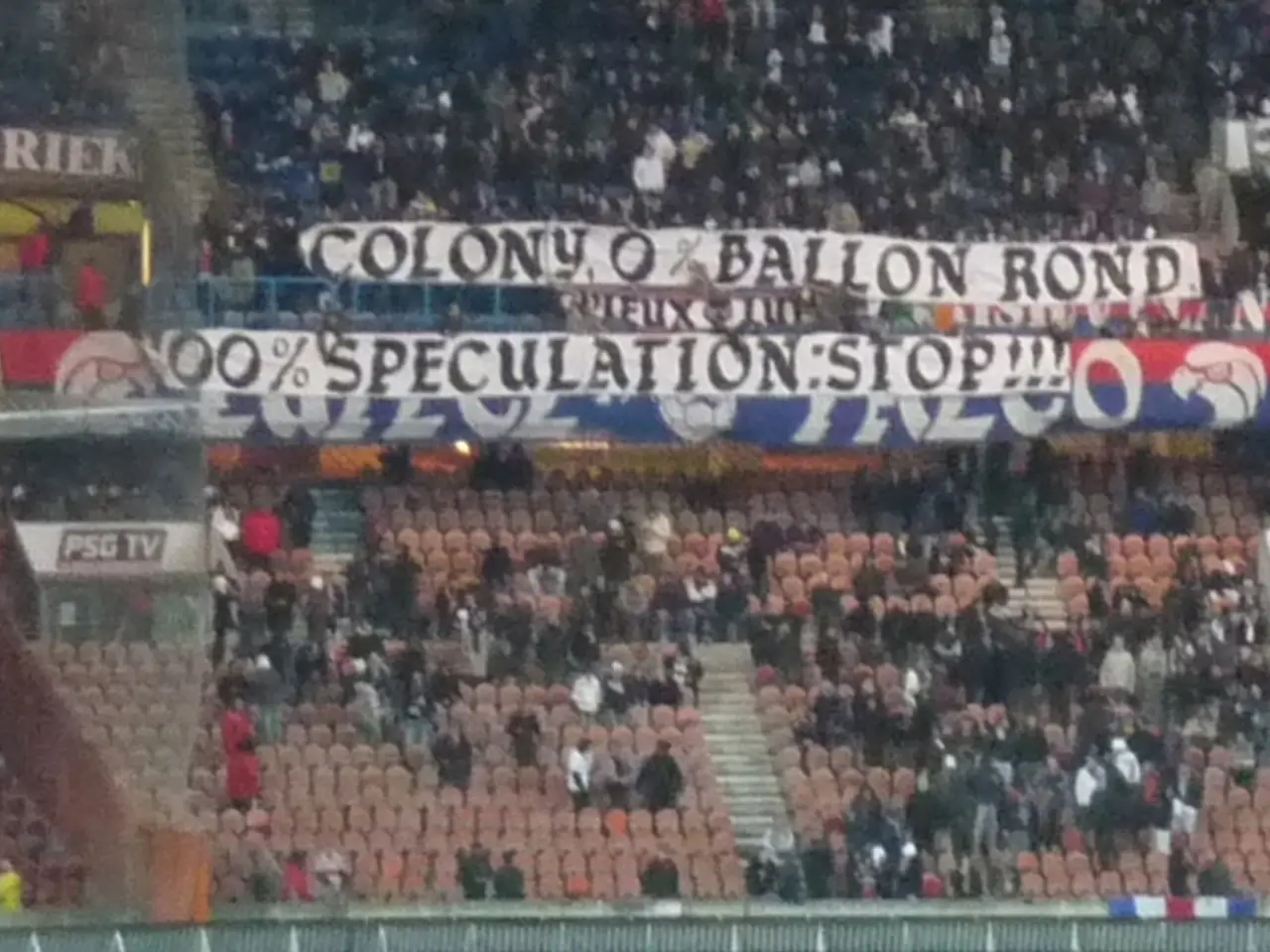Trademark Dispute Resolved in Favor of Opponent in India for Vogue
In a recent ruling, the Bombay High Court has dismissed a trademark infringement case filed by the publisher of fashion magazine Vogue against a retail store chain using the phrase "JUST IN VOGUE."
The court's decision was based on several key factors typically considered in trademark infringement cases. These include whether the plaintiff owns a valid trademark, whether the defendant's use of a similar mark is likely to cause confusion among consumers, and the distinctiveness and fame of the plaintiff's mark, among others.
In this case, Vogue claimed that its trademark is so well-known that it is entitled to protection beyond the classes in which it is registered. However, the court found that consumers are unlikely to be misled into thinking the defendant's goods have anything to do with Vogue. This decision was influenced by the fact that Vogue's readers are primarily affluent, well-traveled women, while the defendant's customers are primarily men from the middle strata of society.
It's important to note that trademark law protects words, phrases, and logos used to identify the source of goods or services, but not the functionality of a product or service. Copyright law, on the other hand, protects literary and artistic works of authorship, while patent law protects inventions.
Software names, business names, logos, and product names can be trademarked, making it clear that consumers can identify the source of the goods or services they are purchasing. Examples of trademarked brands include Facebook, Messenger, Twitter, Pinterest, LinkedIn, WhatsApp, and Email.
In the case of Vogue, the magazine publisher is not typically known to retail fashion goods, reducing the likelihood of consumer confusion. Trademark law states that you cannot copy someone else's trademark if your goods or services are similar to those offered by the trademark owner.
The "use it or lose it" principle of trademark law was also illustrated in this case. This principle means that if a trademark owner does not use their trademark for a certain period, they may lose their rights to it.
In a separate case, a luxury automaker, Bentley Motors, has lost a trademark battle to a small clothing company with the same name. The difference between trademark, patent, and copyright is discussed in detail below.
To obtain the specific reasons and legal principles applied by the Bombay High Court in this matter, it would be necessary to review the court’s judgment or official case documents, which are not present in the provided search results.
The ruling from the Bombay High Court suggests that celebrities and pop-culture icons, such as Vogue magazine, may not receive extended trademark protection if their consumer base is distinct and unlikely to be misled, even if their trademark is renowned in pop-culture entertainment. In terms of the Bentley case, even luxury brands are not immune to losing trademark battles against smaller companies with similar names in the realm of business and product branding.








